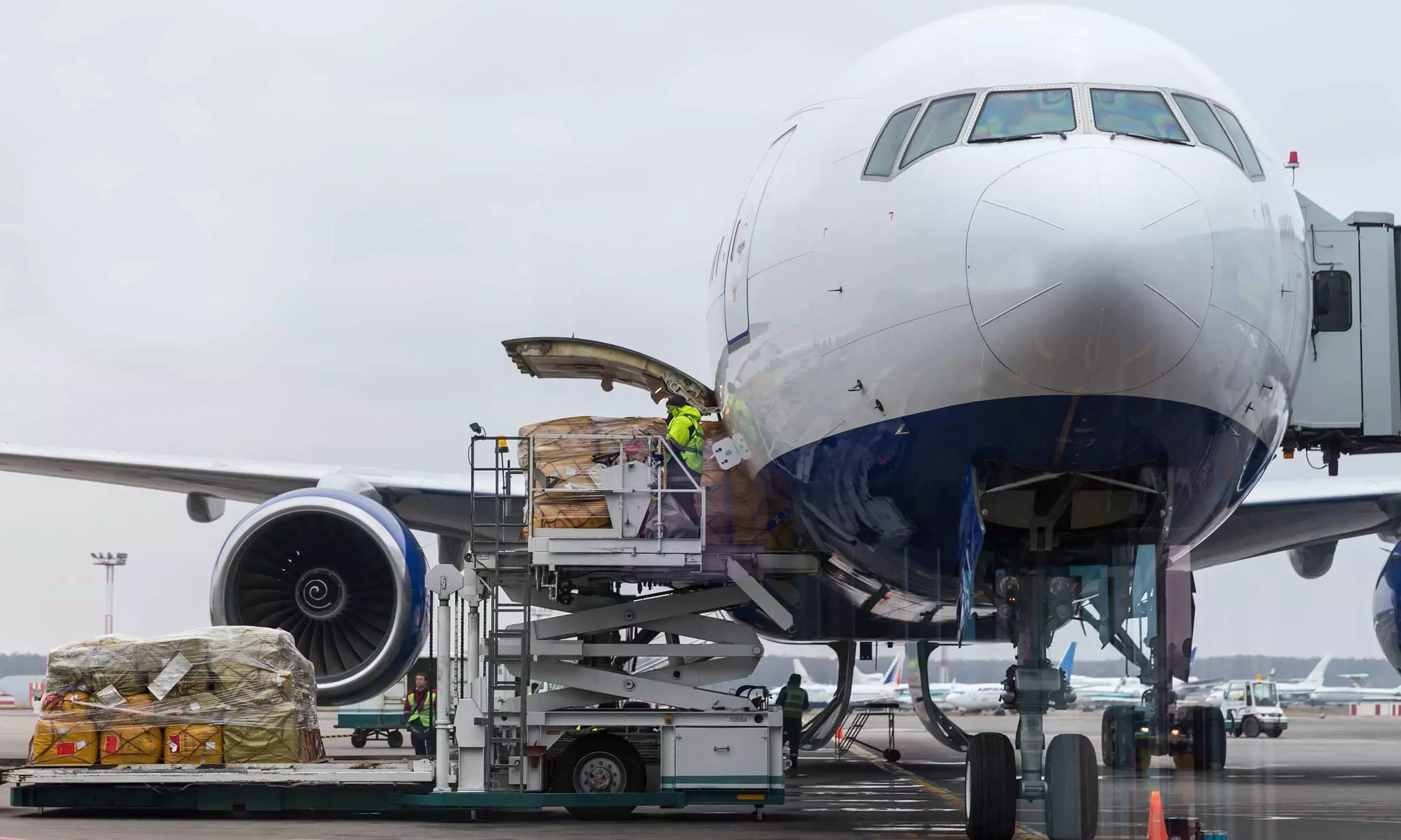Asia-Pacific airlines see 5.1% YoY cargo demand growth in February
Global air cargo demand growth down marginally; Latin American carriers report strongest growth (up 6%) among regions.

Asia-Pacific airlines saw 5.1 percent year-on-year demand growth for air cargo in February 2025. Capacity increased by 2.7 percent year-on-year.
Total air cargo demand, measured in cargo tonne-kilometers (CTKs), declined by 0.1 percent in February compared to February 2024 levels (+0.4 percent for international operations). This marks the first decline since mid-2023, according to the latest update from the International Air Transport Association (IATA).
"Capacity, measured in available cargo tonne-kilometers (ACTKs), decreased by 0.4 percent compared to February 2024 (+1.1 percent for international operations)."
Willie Walsh, Director General, IATA says: "February saw a small contraction in air cargo demand, the first year-on-year decline since mid-2023. Much of this is explained by February 2024 being extraordinary - a leap year that was also boosted by Chinese New Year traffic, sea lane closures and a boom in e-commerce. Rising trade tensions are, of course, a concern for air cargo. With equity markets already showing their discomfort, we urge governments to focus on dialogue over tariffs."
February regional performance
North American carriers saw a 0.4 percent year-on-year decrease in demand growth for air cargo in February. Capacity decreased by 3.5 percent year-on-year.
European carriers saw a 0.1 percent year-on-year decline in demand growth while capacity was down 0.2 percent year-on-year.
Middle Eastern carriers saw an 11.9 percent year-on-year decrease in demand growth, the slowest among the regions. Capacity decreased by four percent year-on-year.
Latin American carriers saw six percent year-on-year demand growth for air cargo in February, the strongest growth among the regions. Capacity increased 7.6 percent year-on-year.
African airlines saw a 5.7 percent year-on-year decrease in demand for air cargo in February. Capacity decreased by 0.6 percent year-on-year.
Trade lane numbers
"The Trans-Pacific corridor remained the busiest trade lane in February. Intra-Asia led growth, becoming the fifth busiest. Europe–Asia and Transatlantic routes also expanded, while Middle East–Asia and European routes declined."
Europe-Asia with 4.7 percent growth reported 24 consecutive months of growth. Asia-North America with marginal growth reported 16 consecutive months of growth. Within Asia saw nine percent growth, 16 consecutive months of increase in demand.



